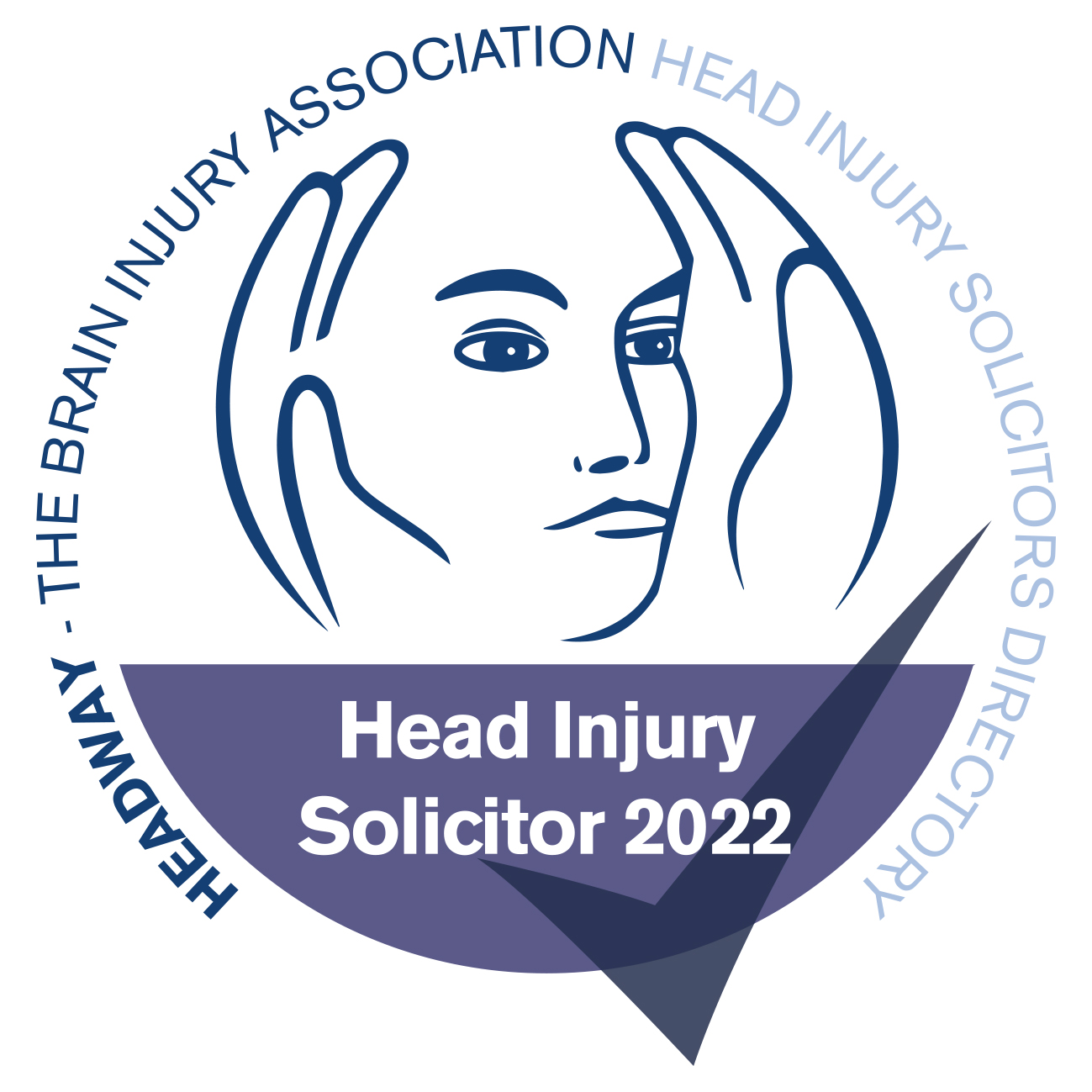Spine and Back Injury
Suffering a spinal or spinal cord injury in an accident can be a deeply distressing experience, and one that often results in life-changing long-term consequences for the person affected. If you have sustained a spinal injury that wasn’t your fault, the specialist personal injury solicitors here at Potter Rees Dolan can help you claim for compensation.
Our dedicated team of Lawyers have a wealth of specialist experience in successfully handling spine and back injury cases. We can provide you with free initial advice if you or a loved one has suffered a serious spinal or spinal cord injury due to someone else’s negligence. We will help you make a claim for the injuries you suffered to gain the compensation you need, allowing you to move on with your life and to ensure that your future needs are met.
We are authorised members of the Personal Injury Solicitors list compiled by the Spinal Injuries Association, one of the UK’s most prominent spinal cord injury Charities. By complying with their code of conduct, we are able to provide the highest level of care and make the claim process as stress free as possible for you and your family.
To speak to a member of our Manchester-based team about making a claim, call us on 0800 027 2557, or complete the online enquiry form on the side of this page to request a call back.
How can we help?
At Potter Rees Dolan, we have extensive experience of dealing with spinal cord injury claims, and we have a keen understanding of the devastating impact these injuries can have on you and your family. Making a claim for compensation can feel like a stressful process at times like these, which is why we work to sensitively support our clients at every step of the process.
Most claims start with a free initial discussion to understand more about your accident, and what you could be entitled to. From this starting point, our team of specialist personal injury lawyers will:
- Talk to you in depth to understand your injuries, how they occurred and how they affect your life
- Work closely with medical professionals to gain a better understanding of the extent of your injuries
- Help to arrange rehabilitation and care to address your immediate needs as soon as possible
- Investigate the cost of your future needs to include care, equipment, therapies, transport, accommodation and any necessary adaptations
- Calculate your loss of future earnings and any pension losses
- Work out your welfare benefits entitlement.
What is the time limit for bringing personal injury claims?
In England & Wales, you usually have a period of 3 years from the date of the accident in which to make a claim as failure to do so can result in the claim becoming time barred once this 3-year period has elapsed.
However, different time limits apply if the injuries have been sustained as a result of an assault.Any claim submitted to the Criminal Injuries Compensation Authority, under the current 2012 Scheme, would have to be submitted within a period of 2 years from the date of the assault and this shorter limitation period can also apply in relation to accidents which occur at sea, or which involve air travel.
If a person loses capacity as a result of the injuries sustained in an accident e.g. due to the severity of a head injury, the limitation period will not begin to run from the date of the accident but the issues of when capacity was lost and/or regained need to be carefully considered and reviewed by your legal team.
Special care is also required if the accident happened abroad as different time limits apply in different foreign jurisdictions, some of which can be very short time limits.
Contact us today
For free initial advice on a spinal compensation claim, get in touch with the experts at Potter Rees Dolan today. Call us on 0800 027 2557, or complete our online contact form to request a call back.
FAQs
What is a spinal cord injury?
A spinal cord injury usually occurs when a sudden blow to the back fractures your spine, or dislocates the vertebrae within it. This often damages the nerves carrying signals between the brain and the rest of the body, affecting motor, sensory and autonomic functions on a temporary or permanent basis.
On average, three people a day in the UK sustain a spinal cord injury of some kind, which often leaves them with some degree of permanent paralysis. This has a devastating impact on the person’s life, as well as those of their families and friends, as this kind of injury will frequently result in complex care needs for the injured individual.
How does the spinal cord work?
The spinal cord is part of the central nervous system, and carries neural messages communicating movement and sensation between the brain and the rest of the body.
The spinal cord is enclosed in the vertebrae that make up the spinal column. The consequences of spinal cord injury, whether from damage or disease to the spinal cord, can range from a loss of sensation in parts of the body to full paralysis in the most severe cases.
What is the difference between tetraplegia, quadriplegia and paraplegia?
Tetraplegia is the name given to the condition characterised by a loss of feeling and movement in the torso and upper and lower limbs, also accompanied by incontinence. This condition is also known as quadriplegia.
By contrast, paraplegia is the name for the loss of feeling and movement that specifically affects the body from the waist downwards, including the legs. This condition can also lead to incontinence.



























